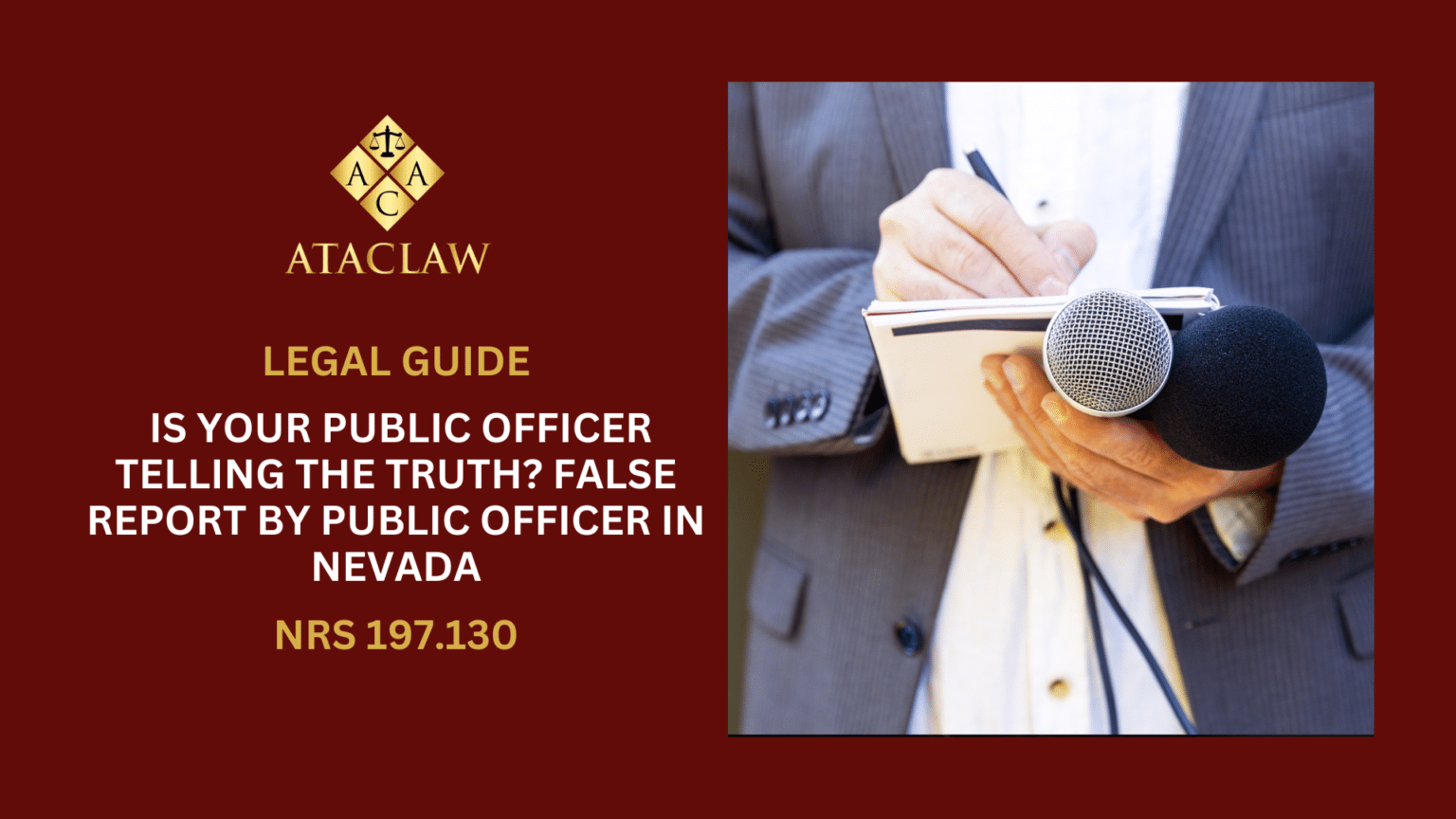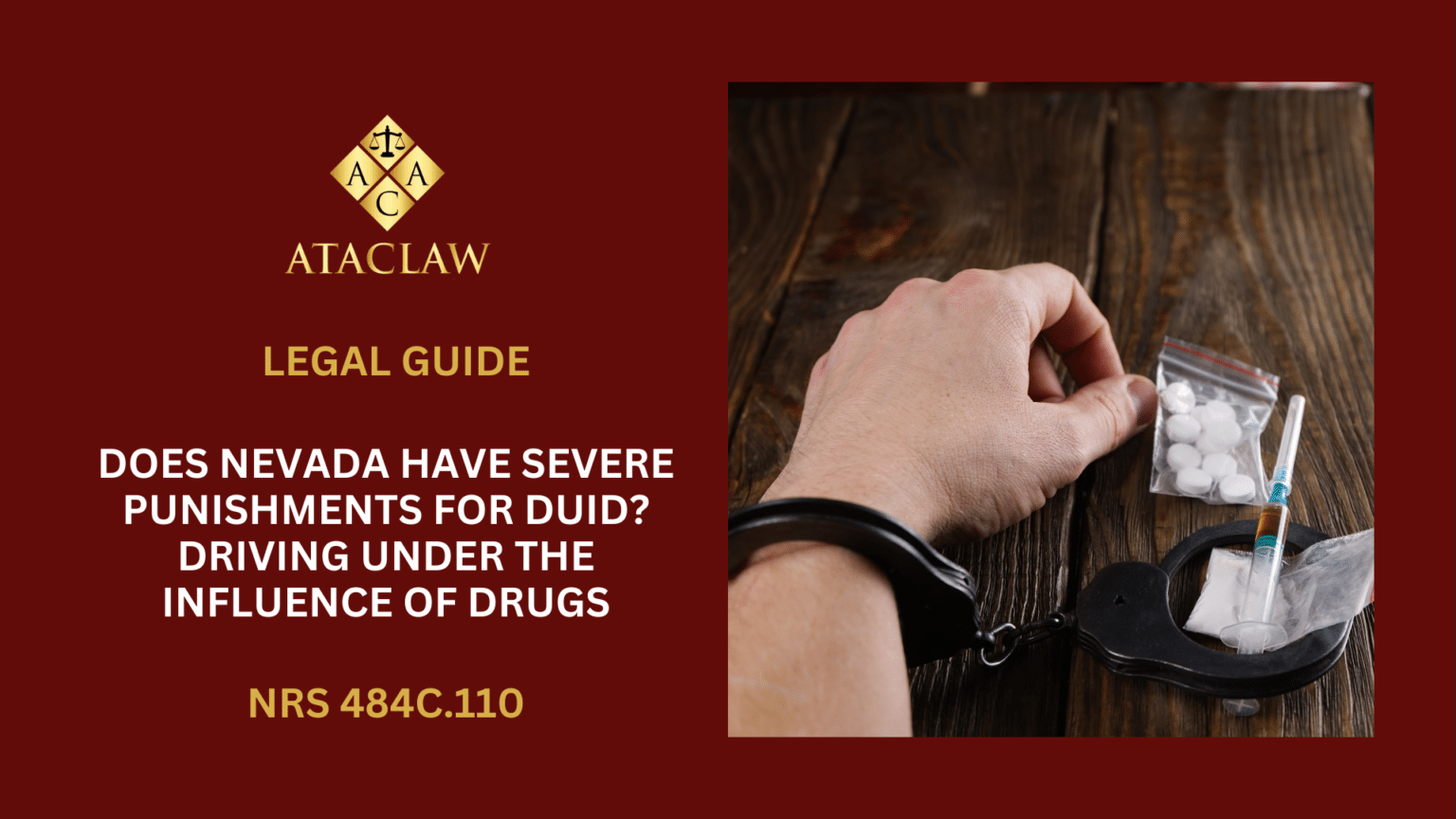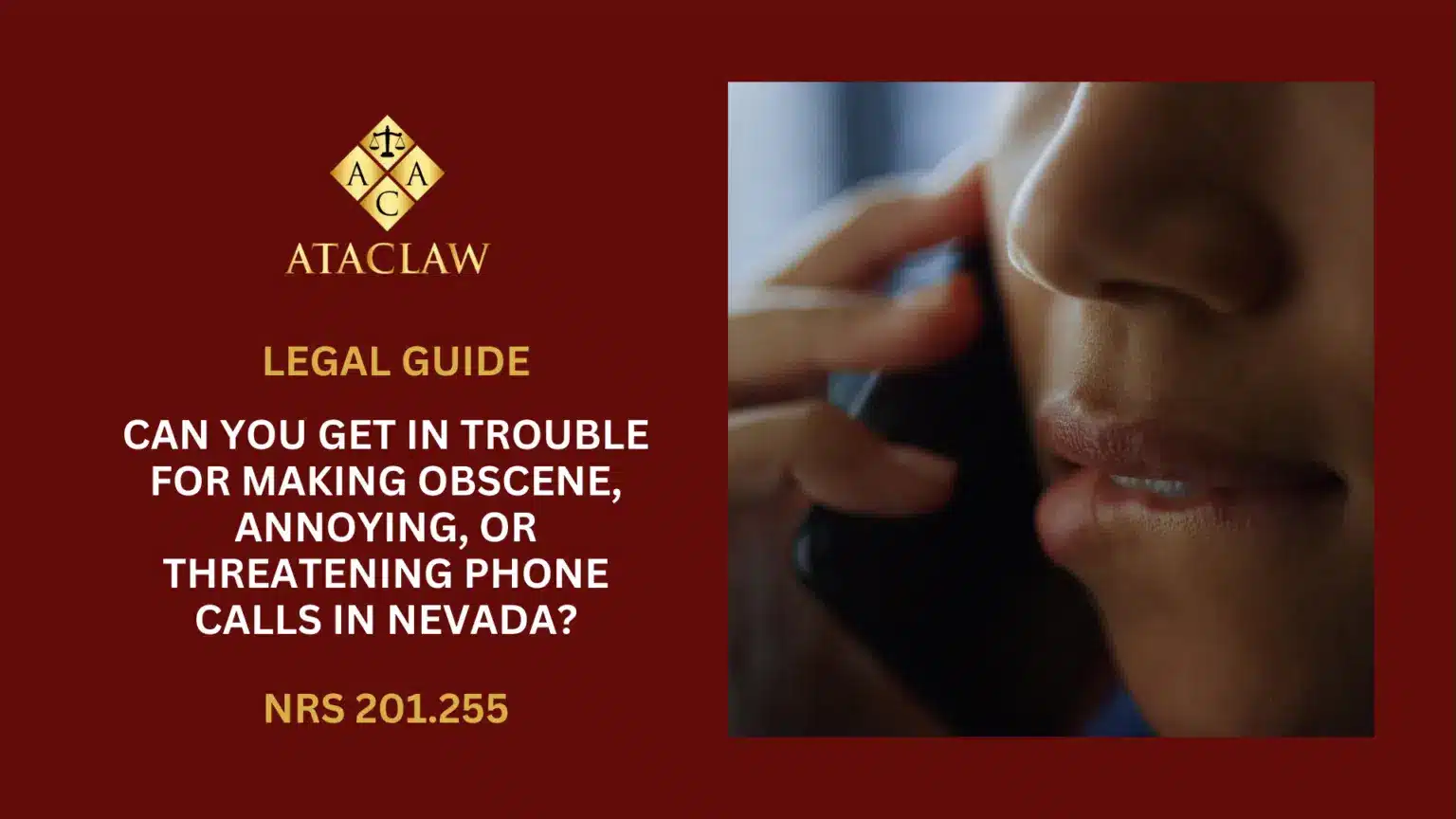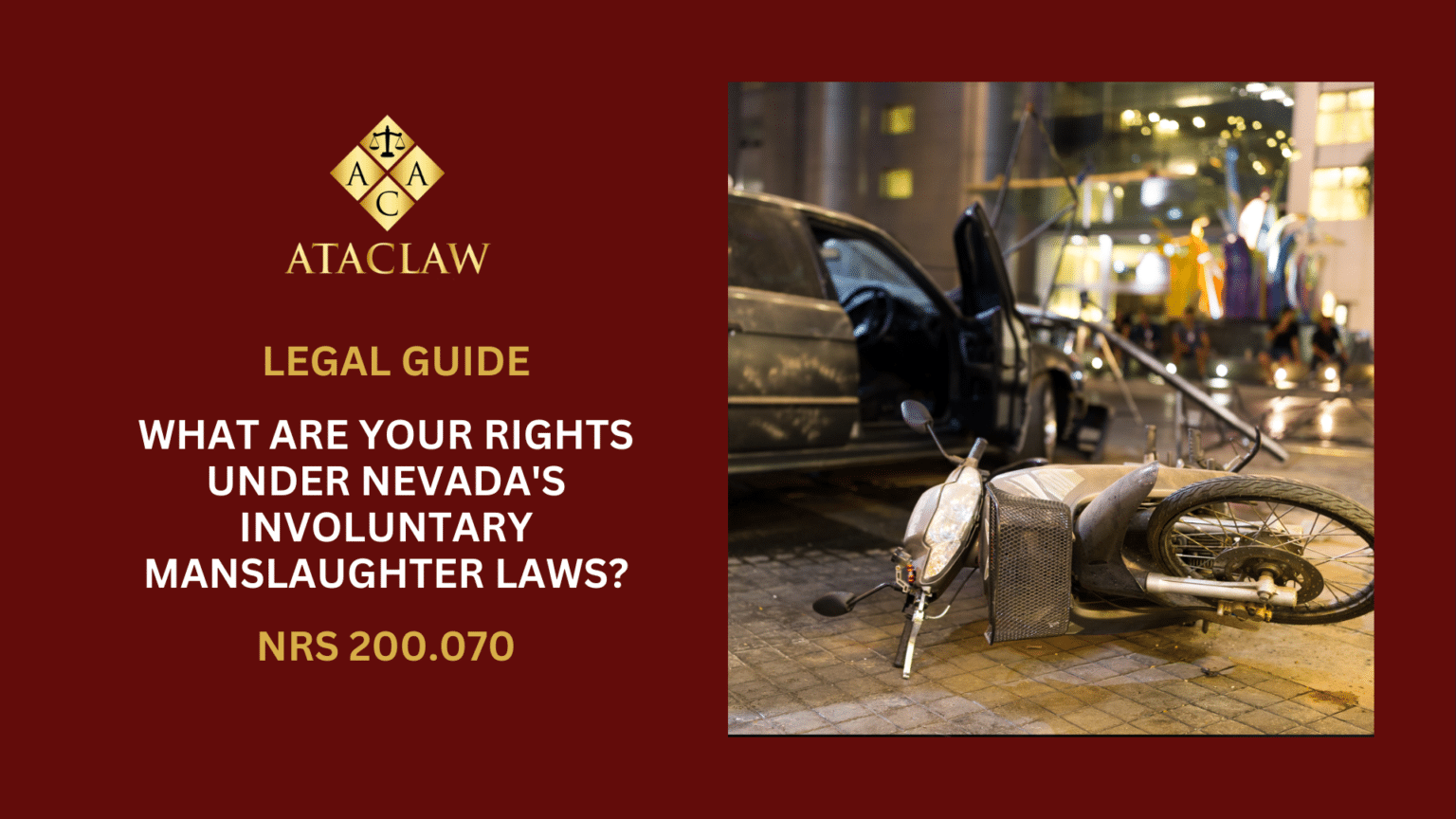Public trust is paramount when it comes to the statements made by public officers. But what happens when those statements are knowingly false? In Nevada, NRS 197.130 addresses this concern, making it a gross misdemeanor for public officers to knowingly provide false information in an official capacity. Let’s delve into the intricacies of this law and what it means for public officials in the Silver State.
What Constitutes a Public Officer in Nevada?
According to Nevada law outlined in NRS 169.164, public officers are individuals elected or appointed to positions established by the state constitution, statutes, charters, or ordinances of political subdivisions. These positions involve the continuous exercise of public power, trust, or duty. Examples of public officers include governors, state legislators, judges, agency commissioners, attorneys general, and law enforcement officers.
How Does NRS 197.130 Impact Public Officers in Nevada?
NRS 197.130 prohibits public officers from knowingly making false or misleading statements in official reports or statements. Essentially, it mandates truthfulness in their official capacities. It’s important to note that this statute specifically addresses official statements or reports and does not extend to informal communications or statements unrelated to their employment.
What Penalties Can Public Officers Face Under NRS 197.130?
Knowingly providing false information as a public officer is considered a gross misdemeanor in Nevada. Penalties may include up to 364 days in county jail and/or fines of up to $1,000. Additionally, the ramifications extend beyond the criminal sphere, with potential job loss and civil action lawsuits looming over the individual.
What Defense Strategies Exist Against Charges Under NRS 197.130?
Several defenses exist for individuals facing NRS 197.130 charges:
Lack of knowing falsehood: If the defendant can demonstrate that the false statement was made unintentionally or under duress, it may serve as a defense. Prosecutors must prove beyond a reasonable doubt that the falsehood was knowingly made.
Informal statements: The statute applies strictly to official reports or statements. Informal conversations or unrelated statements made by public officers do not fall under its purview.
Lack of falsehood: If the alleged statement does not meet the threshold of being misleading or inaccurate, it may not constitute a violation of the law.
Is Record Sealing an Option for Individuals Convicted Under NRS 197.130?
Individuals convicted under NRS 197.130 may seek to have their records sealed two years after the case concludes. However, if the charges are dismissed, they can pursue record sealing immediately.
Navigating charges under NRS 197.130 requires a thorough understanding of Nevada law and an effective defense strategy. If you or someone you know is facing such charges, seeking legal guidance is paramount. At ATAC LAW, we specialize in Nevada criminal defense and can provide the expertise needed to navigate these complex legal matters.
For further legal assistance and to discuss your case with an expert, don’t hesitate to contact ATAC LAW.




